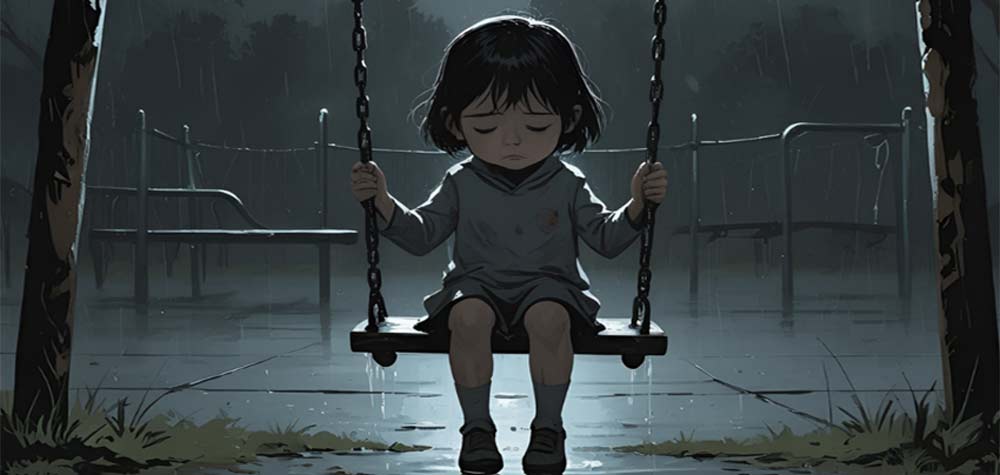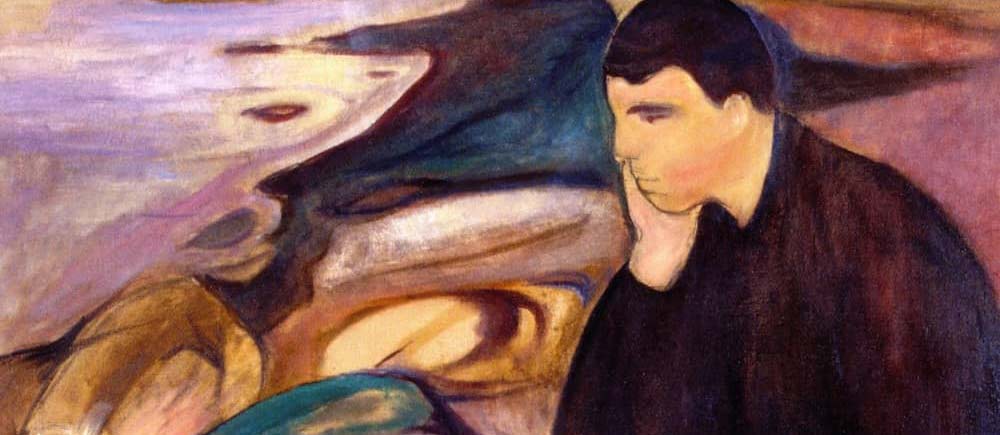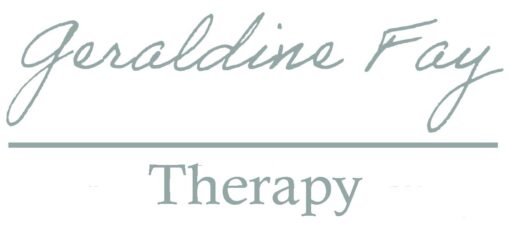Unseen and unheard as a child, how emotional neglect impacts you as an adult
Being unseen and unheard as a child can have a profound effect on you as an adult. The experience of being an invisible child shapes your relationships (friendships and romantic relationships) and your overall wellbeing and physical health.
The adult who was emotionally neglected as a child
As an adult you may experience some of the following;
- Difficulty with self expression / speaking your needs: When your voice and needs were consistently ignored or dismissed during childhood, you might struggle to express yourself effectively as an adult. You may feel like your opinions don’t matter or that you’re not worthy of being heard,
- Low self esteem and lack of self worth: Being unseen and unheard can lead to feelings of inadequacy, low self confidence, and a deep-seated sense of not being enough. You might struggle with self doubt, feeling like you’re not good enough or that you’re invisible to the people around you,
- People pleasing and lack of boundary issues: As a child, you may have learned to suppress your own needs and desires to avoid conflict or gain approval. As an adult, this can manifest as over active people pleasing, overcommitting and a difficulty in setting healthy boundaries,
- Anxiety, depression, feelings of emotional disconnection: The cumulative effect of being unseen and unheard can contribute to anxiety, depression, or feelings of disconnection from others. You might feel like you’re living in the shadows, unseen and unheard, even as an adult,
- Difficulty with intimacy and relationships: When your emotional needs were neglected or dismissed during childhood, it can be challenging to form and maintain healthy, intimate relationships as an adult. You might struggle with trust, vulnerability, or feeling seen and heard by your partner/s,
- Hypervigilance or over self reliance: As a coping mechanism, you may have developed hypervigilance (constantly being on the lookout for potential threats) or excessive self reliance, which can make it difficult to ask for help (“I don’t need anyone, I can do it myself”). While these strategies may have helped you survive as a child, they can become work against you in adulthood, making you feel even more isolated,
- Inner critic and self blame: The lack of validation and support during childhood can cause you to become a very harsh inner critic, causing you to self blame, ruminate on perceived shortcomings, and replay negative self talk.
It is essential to keep reminding yourself that;
- You are not alone: Many people have experienced similar situations, and it’s not a reflection of your worth or value as a person.
- It’s not your fault: Being unseen and unheard as a child is not a result of anything you did or didn’t do; it’s a circumstance that was outside of your control.
- You can heal and you can grow: By acknowledging and understanding the impact of your childhood experiences, you can begin to work through them, sometimes in the following ways;
- Seeking emotional connection based therapy or counselling: Am emotional health therapist can help you process your experiences, develop coping strategies, and work towards healing,
- Self reflection and journaling: Writing down your thoughts, feelings, and experiences can help you gain insight into your patterns and behaviors, allowing you to start understanding that your inner feelings were caused by others and are not of your making,
- Building a support network: Surround yourself with people who see, hear, and validate you. This can help you develop a sense of belonging and self-worth.
- Practicing self-compassion and self-care: Treat yourself with kindness, engage in activities that bring you joy, and prioritize your physical and emotional wellbeing.
Healing form this type of childhood trauma can take time, so be compassionate and gentle with yourself. You are worthy of love and care and consideration – now and always.

The spiritual impact of not being heard or seen as a child
Being unseen and unheard as a child can have profound effects on a person’s spiritual life and their connection to themselves, others, and a higher power. Some of the impacts you may experience are;
- Disconnection from intuition and inner wisdom: When your thoughts, feelings, and needs were consistently dismissed or ignored during childhood, you may have learned to distrust your own intuition and inner wisdom. As an adult, this can manifest as difficulty listening to your inner voice, making decisions, or trusting your instincts,
- Difficulty with spiritual authority or a higher power: If your emotional and psychological needs were neglected or dismissed by caregivers, you may struggle with the concept of a higher power or spiritual authority. You might feel like you’re not worthy of guidance, love, or support from a higher power,
- Sense of separation or disconnection from others and/or your life: Being unseen and unheard can lead to feelings of isolation, even in the presence of others. This can affect your ability to connect with others on a deep, spiritual level, making it challenging to feel a sense of oneness or unity with the world,
- Loss of sense of purpose or meaning: When your needs and desires were consistently ignored, you may have grown up feeling like your life didn’t have inherent value or purpose. This can lead to a sense of spiritual disorientation, making it difficult to find meaning or direction in life,
- Fear of vulnerability and spiritual growth: The fear of being unseen and unheard can make it challenging to be vulnerable and open with others, including in spiritual or therapeutic settings. This can limit your ability to grow and deepen your spiritual practice,
- Searching for external validation: As a child, you may have sought external validation to compensate for the lack of attention and acknowledgment. As an adult, this can manifest as seeking spiritual validation from external sources (e.g., spiritual leaders, gurus, or dogma) rather than trusting your own inner guidance,
- Inner conflict and spiritual shame: The experience of being unseen and unheard can lead to feelings of shame, guilt, or unworthiness. This can create inner conflict, making it challenging to reconcile your spiritual aspirations with your perceived shortcomings.
The path towards healing and spiritual growth
The path of healing may take some time but it is a journey well worth taking and can be helped with some of the following;
- Acknowledge and accept your experiences: Recognise the impact of being unseen and unheard on your spiritual life. Acknowledge the pain and difficulties you’ve faced, and accept that these experiences are a part of your story,
- Seek supportive relationships: Surround yourself with people who see, hear, and validate you. This can help you develop a sense of safety and trust, allowing you to deepen your spiritual practice,
- Explore your spirituality: Engage in spiritual practices that resonate with you, such as meditation, yoga, or journaling. This can help you connect with your inner self and a higher power,
- Practice self-compassion and self-care: Treat yourself with kindness, engage in activities that bring you joy, and prioritise your physical and emotional well-being, you are important enough to come first in your own life.

Integrate spirituality into your daily life
There are many ways to integrate spirituality into your daily life, making each day a more rewarding and enriching experience. You may wish to try come of the following;
- Mindfulness and meditation: Regular mindfulness and meditation practice can help you connect with your inner self and a higher power / source / universe / God,
- Connect with nature: Spend time in nature and cultivate a sense of awe and wonder at the complexity of this world we live in,
- Explore your creativity: Engage in creative activities that bring you joy, such as art, music, or writing. This can help you express your spirituality and connect emotionally with your inner self,
- Connect with spiritual communities / groups: Seek out spiritual communities or groups that align with your values and beliefs, a beautiful way to find a sense of belonging and connection to others.
I’m Geraldine and if you would like me to help you on your emotional release journey, contact me, email me at geraldinefay@mail.com or call/text me 00353 86 4554748.
I meet clients in my therapy room near Louth Village, outside Dundalk west in Co. Louth. We can also meet online via zoom or whatsapp video or telephone call. Call me to talk and we can go from there with no obligation.
